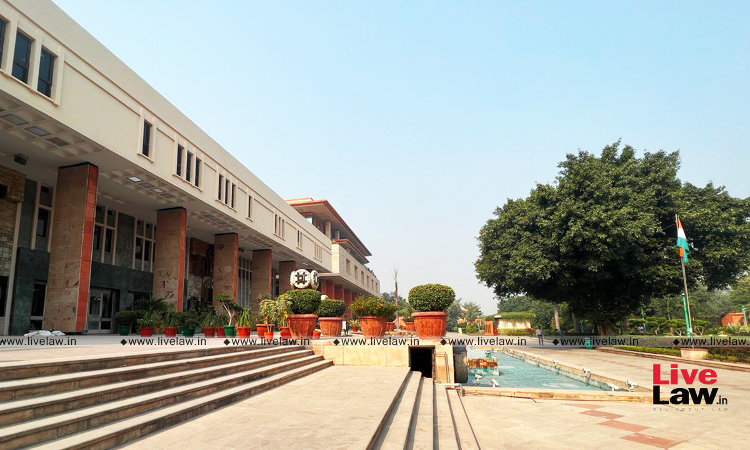The Delhi High Court has ruled that the limitation period within which a party is required to approach the court for seeking constitution of the arbitral tribunal, cannot be conflated with the limitation period for invoking the arbitration agreement. Thus, any delay by the party in taking further steps for constitution of an arbitral tribunal, will not render the party’s substantive...

